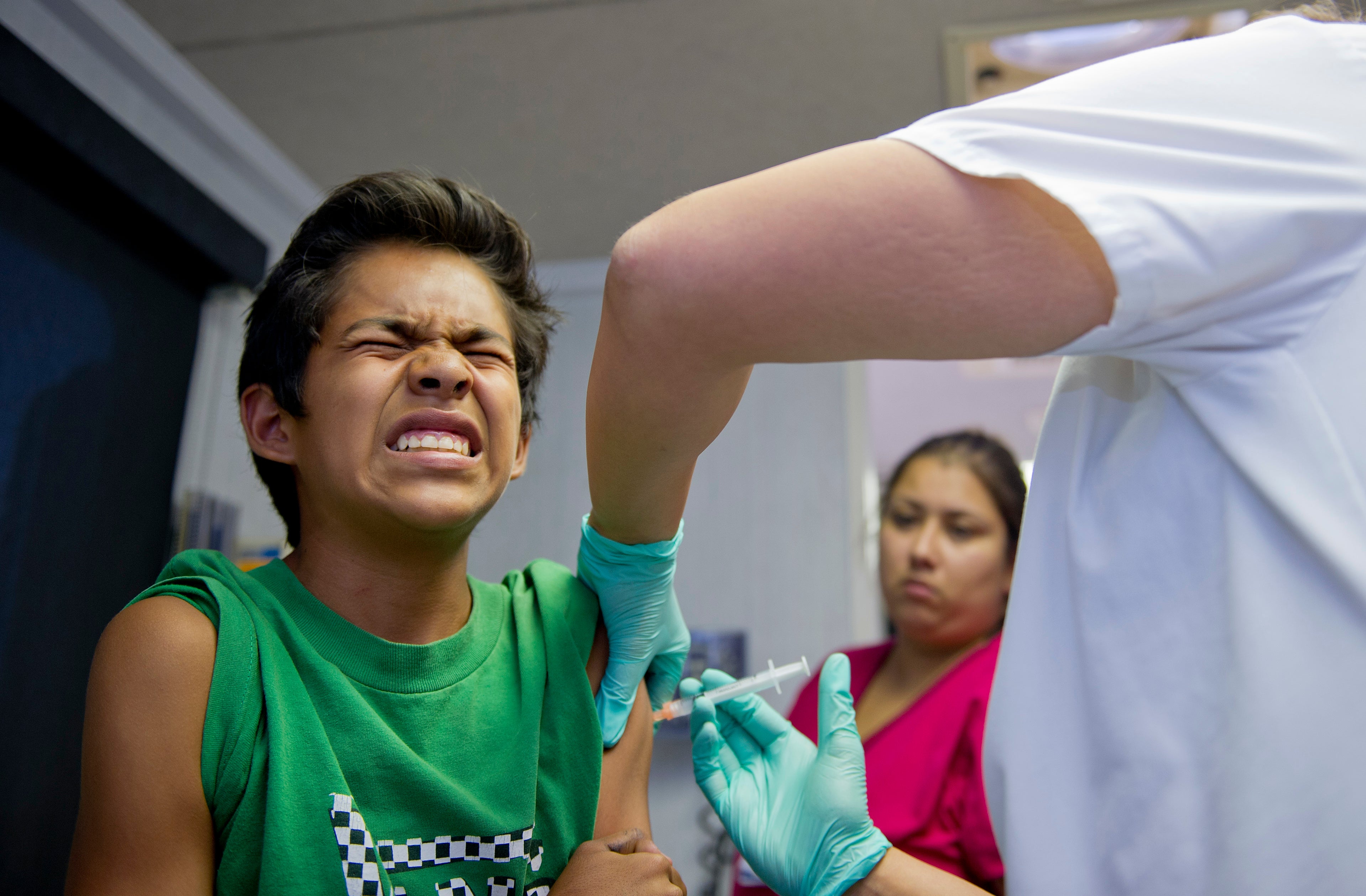New variant of chickenpox-causing virus found first time in India
Clade 9 strain detected during survillence for monkeypox in India

Your support helps us to tell the story
From reproductive rights to climate change to Big Tech, The Independent is on the ground when the story is developing. Whether it's investigating the financials of Elon Musk's pro-Trump PAC or producing our latest documentary, 'The A Word', which shines a light on the American women fighting for reproductive rights, we know how important it is to parse out the facts from the messaging.
At such a critical moment in US history, we need reporters on the ground. Your donation allows us to keep sending journalists to speak to both sides of the story.
The Independent is trusted by Americans across the entire political spectrum. And unlike many other quality news outlets, we choose not to lock Americans out of our reporting and analysis with paywalls. We believe quality journalism should be available to everyone, paid for by those who can afford it.
Your support makes all the difference.A new variant of chicken pox virus, known as clade 9, has been detected in India for the first time, health officials said.
The National Institute of Virology (NIV), an Indian virology research institute, said it encountered clade 9 variants of chickenpox-causing varicella-zoster virus (VZV) while conducting surveillance for mpox (formerly known as monkeypox) cases.
“During the surveillance of mpox, we encountered cases of Varicella Zoster Virus (VZV) in suspected mpox cases amongst children & adults,” the study said.
It said that out of 331 suspected cases of mpox, 28 cases were found positive for VZV.
Clade 9 is the most common strain of chickenpox-causing virus in countries such as Germany, UK and the US. While other variants of VZV – clade 1 and clade 5 – have been previously found in India, it is the first time that clade 9 has been detected.
According to the World Health Organisation (WHO) the VZV causes highly contagious chickenpox. It is generally transmitted through contact with infected droplets, aerosols, or direct contact with respiratory secretions.
It can cause mild symptoms in children and tends to be more severe in adults. The WHO characterizes it by symptoms such as “an itchy rash, usually starting on the scalp and face and initially accompanied by fever and malaise".
The common symptoms of clade 9 infection include rashes, headache, appetite loss and overall sense of ill health and appear only two to three weeks after exposure to the virus.
In rare cases, VZV can cause severe complications after progressing to the central nervous system of the body.
“It is critical to distinguish chickenpox from measles, bacterial skin infections, scabies, syphilis, medication–associated allergies, and Mpox viral disease,” study researchers said.
Although there wasn’t a significant sign of increased disease severity, these recombination patterns have prompted researchers to strongly advocate for the monitoring and surveillance of VZV infections in the country.



Join our commenting forum
Join thought-provoking conversations, follow other Independent readers and see their replies
Comments